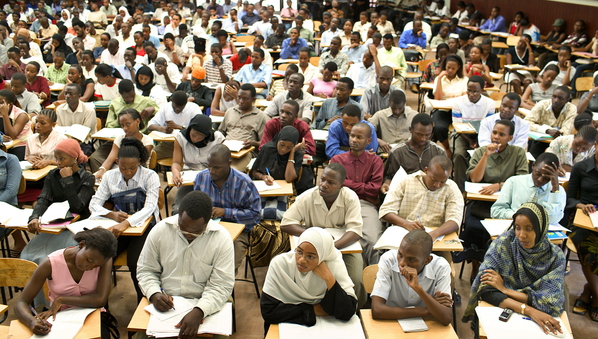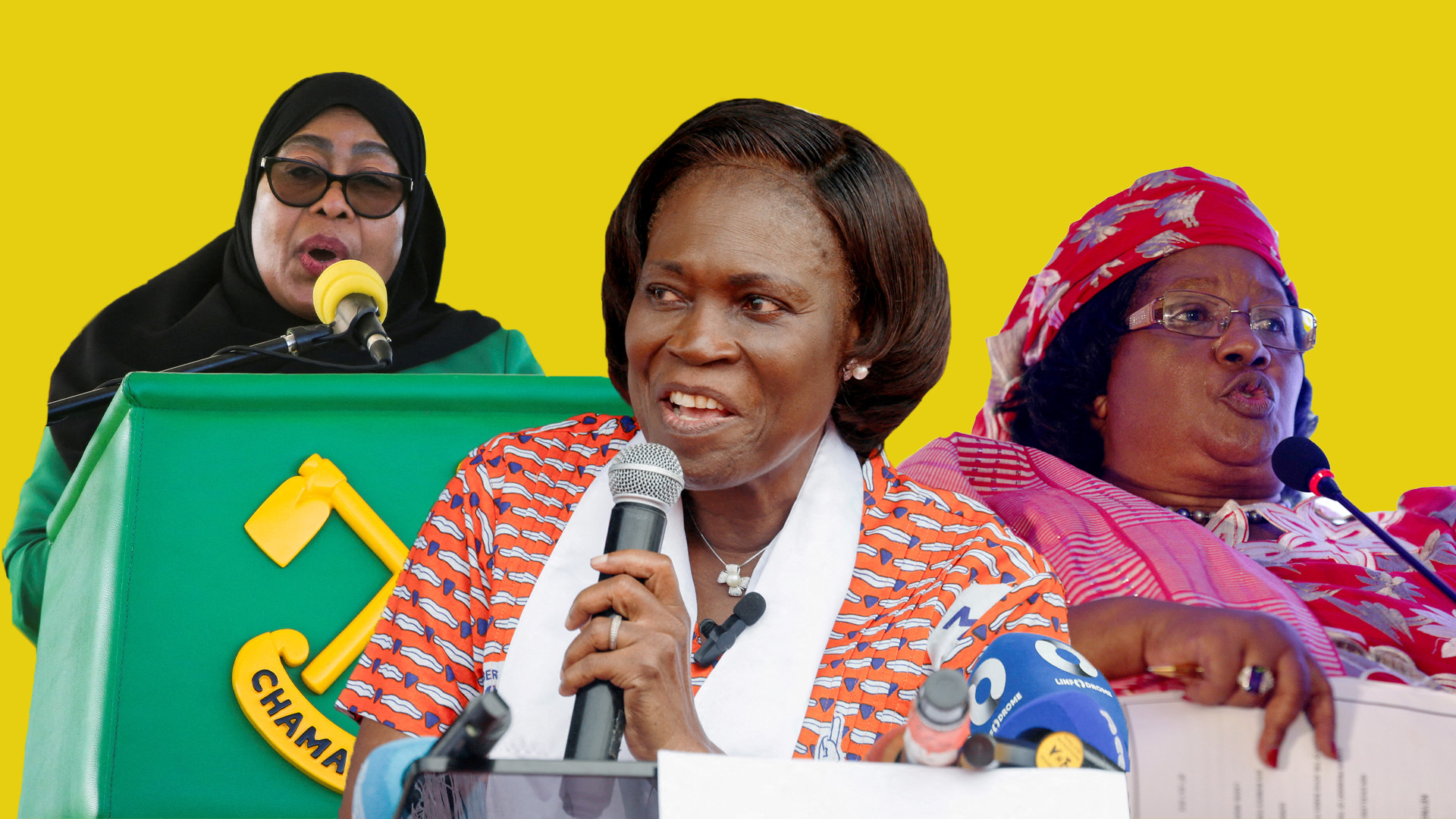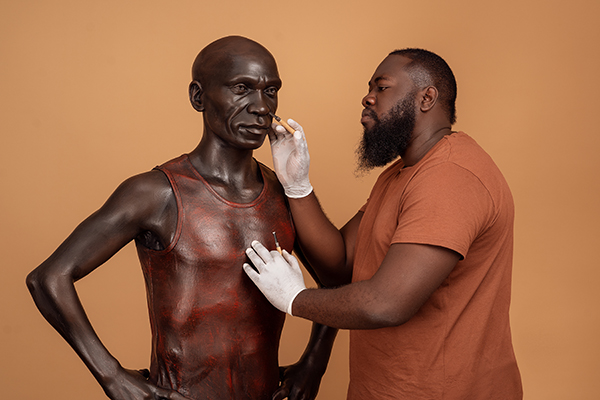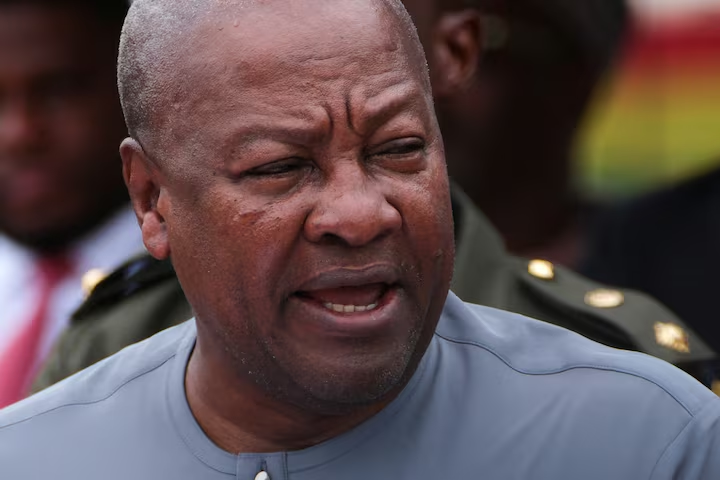
A look at the state of Higher Education in Africa
A World Bank/UNESCO Task Force on Higher Education and Society report on the state of higher education in developing countries throughout the world decried the lack of facilities and outmoded curricula.
The report also concluded the investment in primary and secondary education had naturally fuelled demand for higher education as well.
CGTN’s Colleta Wanjohi caught up with the South Sudan’s Minister for Higher Education Yien Oral Lam Tutu and he comments on the state of higher education in Africa.
One of the most pressing problems of our time is the demand for places in higher education
which far outstrips supply of available seats globally. The demand for places in higher education will have expanded from 97 million students in 2000 to over 262 million students by 2025.
Agenda 2063 provides a roadmap for Africa’s development and private providers have played an important role in growth, and currently enroll 25% of students on the continent.
According to University World News, there should be cost-sharing between stakeholders, efficiency gains in public institutions, expansion of private education providers and engagement with development partners in Africa and beyond.
The South Sudan’s Higher Education minister also weighed in on what role private universities can play in improving the state of higher education in Africa.






